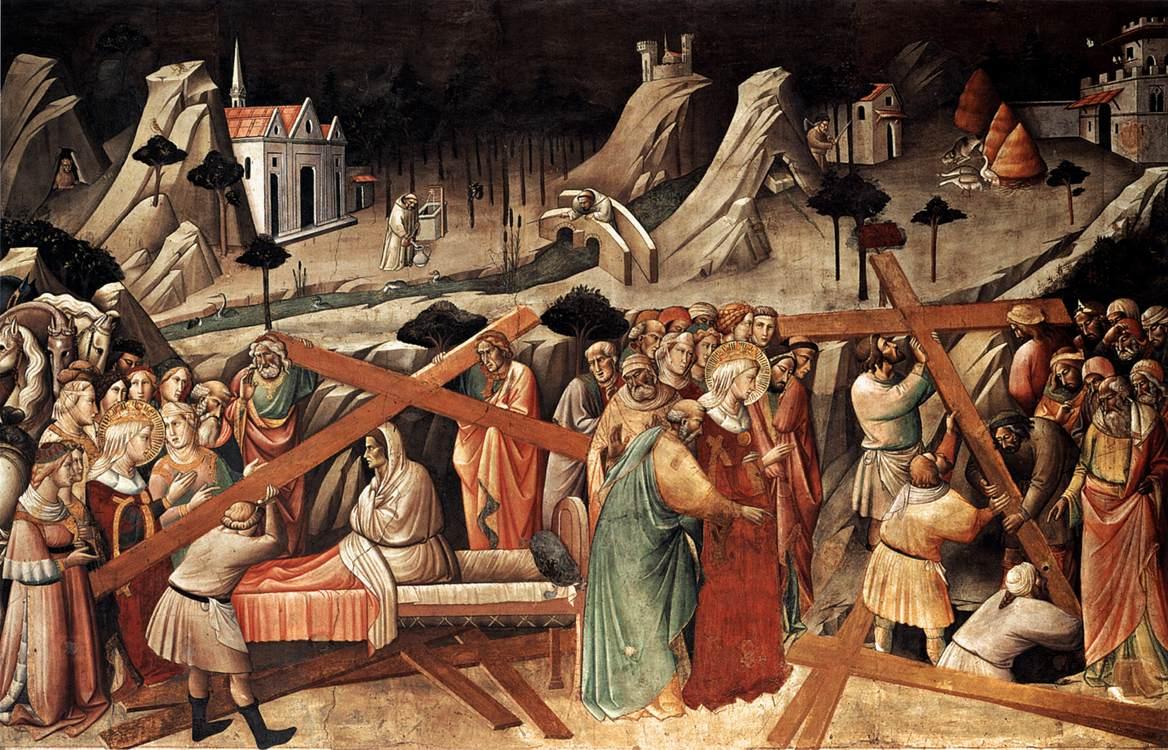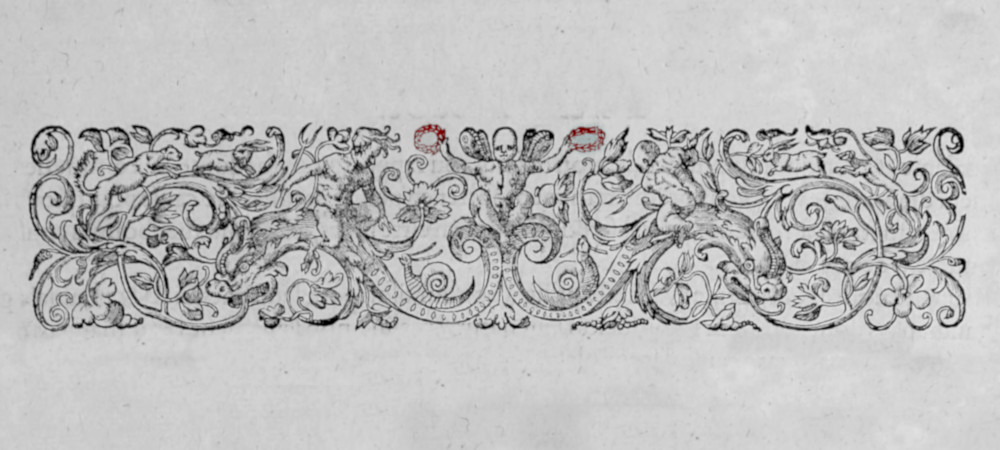Waugh's Helena
I wanted to briefly share a favorite passage from near the end of Evelyn Waugh’s beautiful novel, Helena. The first time I listened to this passage, I can still recall where I was on the highway from Lexington to Louisville. It spoke so directly to me that I wept.
The novel follows St. Helena (sometimes known as St. Helen), the mother of Constantine. Much of the novel is a meditation on the conversion of the Roman Empire, especially the transition from Christianity being a marginal affair to something possible for the upper classes.
Toward the end of the novel, Helena makes a pilgrimage to Bethlehem, and here she makes a prayer to the three wise men, a moving expression of the paradox we find in St. Matthew’s gospel that “it is easier for a camel to go through the eye of a needle, than for a rich man to enter into the kingdom of God,” and yet, “…with God all things are possible.”1
“You are my especial patrons,” said Helena, “and patrons of all late-comers, of all who have had a tedious journey to make to the truth, of all who are confused with knowledge and speculation, of all who through politeness make themselves partners in guilt, of all who stand in danger by reason of their talents.”
“Dear cousins, pray for me,” said Helena, “and for my poor overloaded son. May he, too, before the end find kneeling-space in the straw. Pray for the great, lest they perish utterly. And pray for Lactantius and Marcias and the young poets of Trèves and for the souls of my wild, blind ancestors; for their sly foe Odysseus and for the great Longinus.”
“For His sake who did not reject your curious gifts, pray always for the learned, the oblique, the delicate. Let them not be quite forgotten at the Throne of God when the simple come into their kingdom.”
The Kingdom of Heaven belongs to the simple; it is their kingdom. And yet…the grace of God may extend even to the rich, the powerful, the sophistocated, even to an emperor like Constantine and a queen like his mother. What a happy inversion! What a hope! That humble barn of Bethlehem has room enough for the whole world, and the only hope of the great is, like Constantine, to find before the end “kneeling-space in the straw.”
There is also here a hope for classical culture, “the souls of my wild, blind ancestors; for their sly foe Odysseus and for the great Longinus.” This culture receives some redemption not on its own merits, but because it, like Constantine, finds some “kneeling-space” by the grace of God.

Matthew 10:25–27.↩︎
